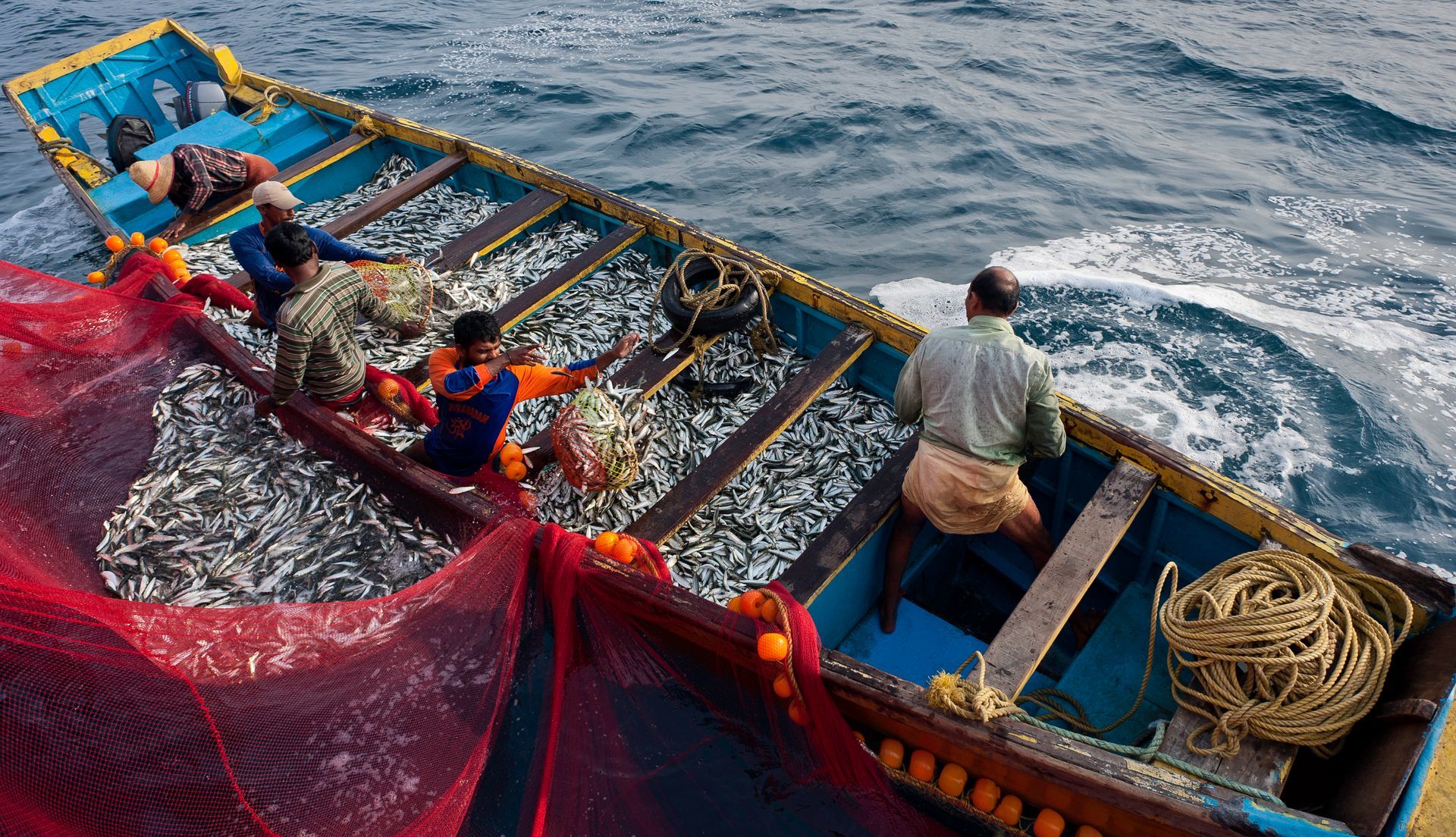fishing & aquaculture
A more sustainable seafood industry cannot be achieved without supporting safer working practices for its workers, whether in fishing or aquaculture. All too often, the discussion on sustainability in seafood focuses on ecosystem health, with little attention paid to the safe working practices of fishers and aquaculture workers. Our fishing & aquaculture industries face several significant threats. Despite safety improvements in some parts of the world, fishing and aquaculture remain high-risk industries, with fishing fatalities estimated between 25,000 to 100,000 per year. This is an unacceptably high number.



The Lloyd’s Register Foundation World Risk Poll reveals that 73% of fishers have never received health and safety training. Many seafood workers either have damaged safety equipment or none at all. Ocean Centres will play a vital role in bringing together relevant organisations to identify ways to reduce risks, safeguarding the livelihoods of local seafood workers.
Collaborating with local NGOs and governments is crucial for developing effective measures to enhance workers safety. It's essential to create and implement safety training programs that are locally led and relevant to the specific needs of both fishers and aquaculture workers, addressing the challenges they face in their communities. As the Centres carry out their work, they will be scoping out their needs in this sector in detail.
Addressing the safety challenges in the seafood industry requires a collaborative effort. Ocean Centres can bring about convening opportunities for locally led collaborations to develop and implement solutions that protect seafood workers and support the growth of a sustainable seafood system.





